I wanted to write about forgiveness, but I got stopped in my tracks. (Sort of.)
Let’s think about how forgiveness is such a crucial topic for us multi-trauma survivors. Through therapy and talking with our support system, many of us learn to forgive ourselves. This serves as an unburdening, and the reason it is important is because it isn’t accurate to blame ourselves for the violent actions others took against us. The self blame, shame and self hatred we carry only worsens our situations, making the pain unbearable. But taking the step to acquit ourselves is an incredible way to get us on the path to a normative life.
We may also strive to excuse what I like to call “the bystanders.” Those are the people who could have done something to help us when we needed it, but did nothing. (We all have them.) This level of forgiveness work can be powerful in removing another heavy burden from our hearts.
And then — we have the perpetrators: the rapists, the child molesters, and the abusive partners.
People who have spent years studying religion and psychology espouse forgiveness, for differing reasons. For the Christians, it’s all about God and Jesus. The thought stream goes, “God forgave us, so we should take that as a model and forgive others. Jesus forgave all the sinners. And really, we’re all sinners…” Yep. If you are religious, that’s what you’re in for.
The specialists in psychology and mindfulness will say that forgiving those who have hurt us is an essential step in letting go, in healing ourselves from the outcome of trauma. (Okay, might seem reasonable, as long as we don’t have to forget.)
But here’s where I got tripped up.
I thought it would be interesting to find out what others have said about forgiveness, because I know my opinion, but I wondered what others think. I was astounded by this quote attributed to Oprah Winfrey: “True forgiveness is when you can say, ‘Thank you for that experience.’”
After I saw that (along with the multitude of quotes primarily from men encouraging us all to embrace forgiveness — hmm, what’s up with that?), I heard the symbolic tires in my head screech to a stop. I thought, “Now hold on a minute!”
I’m here to say, there are some things that truly are unforgivable. I believe each person has a line, drawn in their own beach of humanity-sand, that indicates what they find able to be forgiven, and what is just not okay.
For me, there’s a fine line between which actions of others I will forgive, and those I simply cannot. For example, I’ve forgiven my first husband for his anger management issues. There was no point in holding on to that, especially once I learned about the work he was doing to change and improve himself as a human being.
But I do not–and will never–forgive child molesters. They take children’s innocence, and once the damage is done, those children grow up to be troubled adults. Life becomes much more difficult for them than it should be. They have to work hard for their happiness.
This is what I experienced, and I know there are many others like me. This is also why I’m writing a book to help survivors like me in healing (stay tuned for that).
I’m actually a bit surprised at Winfrey’s quote, because I know from reading that she is a trauma survivor. I don’t believe any survivor should have to thank their abuser for the experience, even knowing that there is healing and growth that happens along the way. (I suspect that’s what Winfrey was going for.)
Do you have an opinion on this? Join the discussion in the comments.

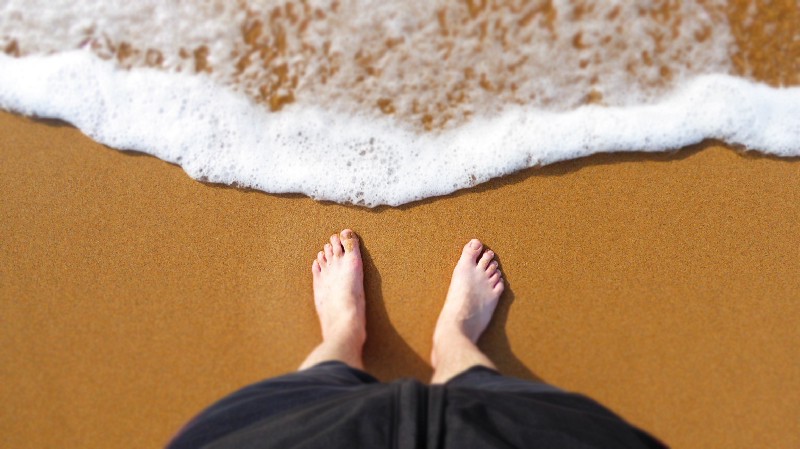

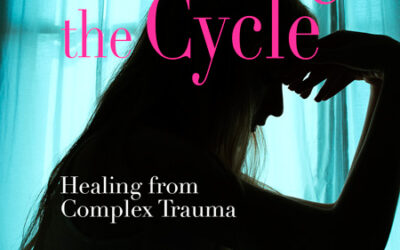
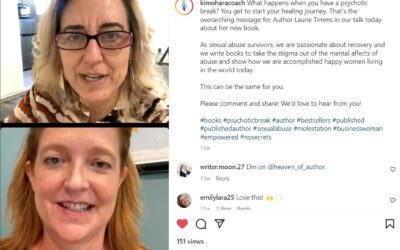
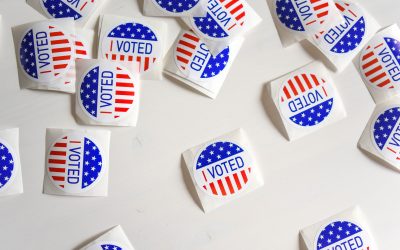
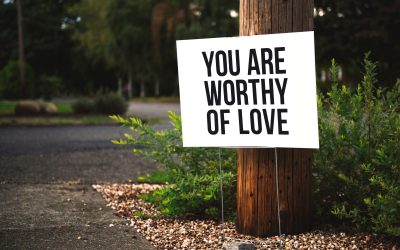



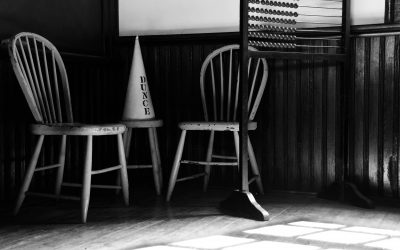
0 Comments